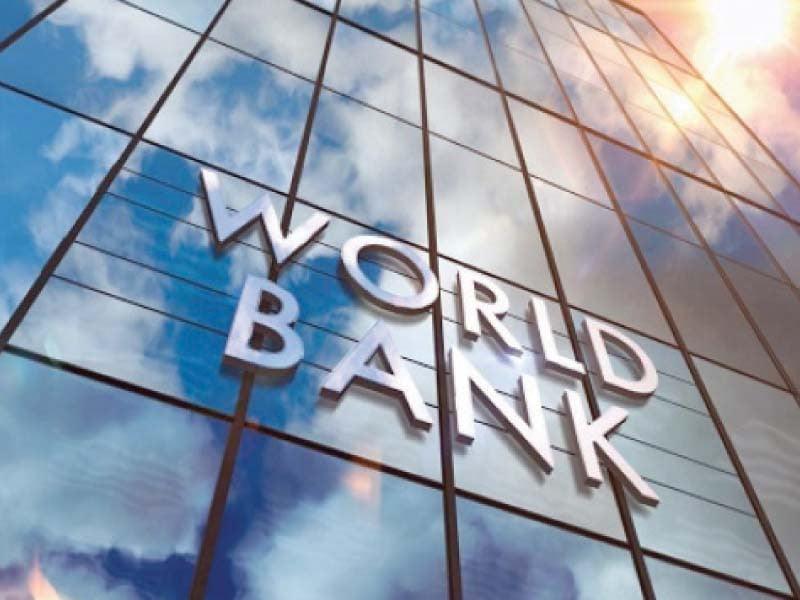The World Bank has approved additional $ 108 million funding for two crucial development projects in Khyber-Pakhtunkhwa (KP), Pakistan. Funding will support efforts to improve access to social services, improve tourism and stimulate resilience to the province’s natural disasters.
Financial support includes $ 78 million for Khyber-Pakhtunkh Rural Accessibility Project (KPRAP) and $ 30 million for the integrated tourism development project of Khyber-Pakhtunkhwa (Kite). The two initiatives aim to improve infrastructure, create job opportunities and improve access to essential services for local communities.
The KPRAP project will focus on the rehabilitation and upgrading of rural roads, with a particular emphasis on the realization of these resilient roads in the climate. These improvements will improve connectivity to vital services such as health care, education and markets.
In addition, the project will guarantee that girls have safe and affordable transport in schools, thus promoting gender equality in education. About 1.76 million people should benefit from these improvements.
“This project is crucial to improving the lives of the inhabitants of the province, in particular women and girls, improving access to essential services and economic opportunities,” said Muhammad Bilal Paracha, work team leader for Kprap. “Road improvements will not only promote greater accessibility, but also climate resilience in the region.”
The financing of $ 30 million for the Kite project is designed to support the development of the tourism sector of Khyber-Pakhtunkhwa. This will include the rehabilitation of roads leading to key tourist destinations, which facilitates visitors to access virgin locations in the province.
The project will also provide technical assistance for better destination management, heritage conservation and the integration of digital platforms within the tourism industry. In doing so, the initiative aims to create new job opportunities, train local communities and preserve the rich cultural heritage of the region.
“The kite project encourages responsible tourism in Khyber-Pakhtunkhwa by collaborating with stakeholders in the public and private sector,” said Kiran Afzal, work team leader for Kite. “By improving roads and tourism facilities, we help local communities benefit from the growth of the tourism economy.”
World Bank’s investment in these projects highlights its commitment to support the long -term development objectives of Pakistan, in particular in the face of climate change and natural disasters.
The emphasis on infrastructure and tourism highlights the importance of sustainable development which creates sustainable social and economic advantages for communities.
“These projects are not only to improve roads and infrastructure, but also on the promotion of climate and economic resilience,” said Najy Benhassine, director of the World Bank for Pakistan. “They will improve access to essential services, create job opportunities and improve the lives of millions of people in Khyber-Pakhtunkhwa.”
With the support of the World Bank, Kprap and Kite is expected to generate significant progress in improving livelihoods, promoting economic development and improving climate resilience in Khyber-Pakhtunkhwa, a province that houses various communities and rich natural resources.




